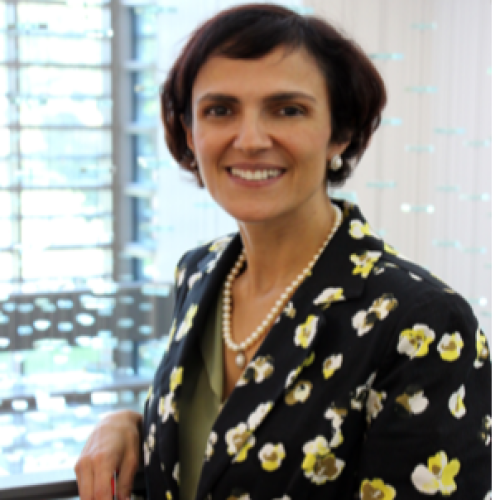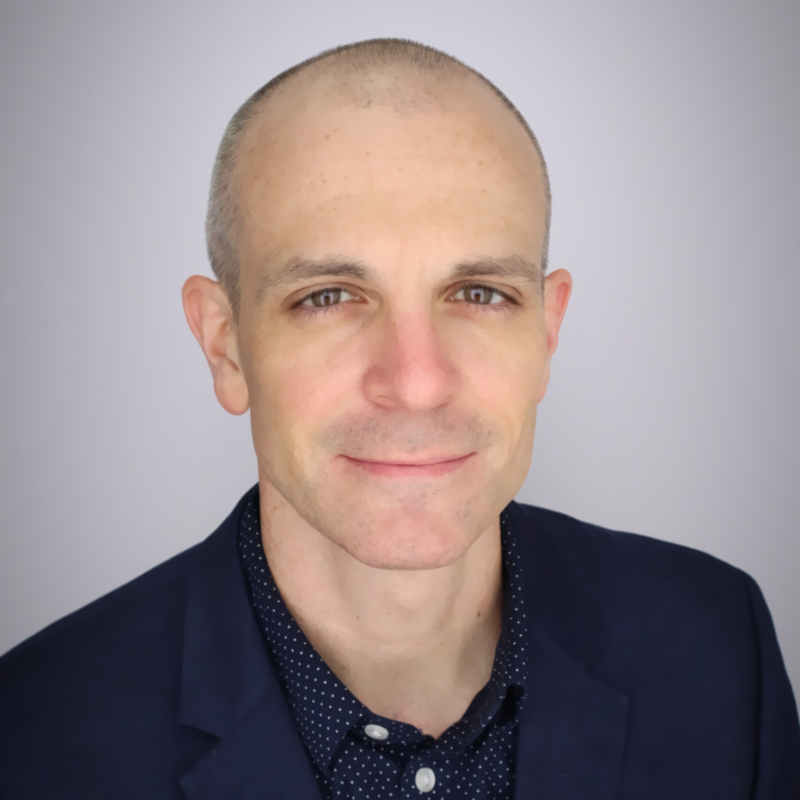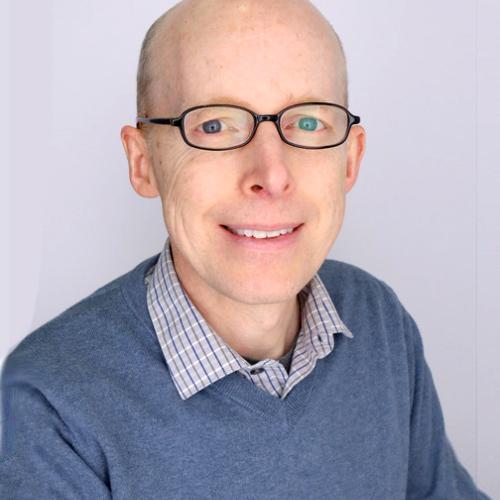Keynote & Workshops
What I’ve Learned from 40 Years of Teaching Engineering
Jonathan Deason, Ph.D., P.E., is a Professor of Environmental and Energy Management in the Department of Engineering Management and Systems Management, and the Executive Director of the Environmental and Energy Management Institute, at the George Washington University (GW). Prior to joining GW, Deason was Vice President of for Environmental Affairs at the American Road and Transportation Builders Association, a federation of 7,000 organizations engaged in transportation construction. Before that he was Director, Office of Environmental Policy and Compliance at the U.S. Department of the Interior, where he managed nine regional offices across the nation and seven staff divisions in Washington, D.C. He has served on the National Boards of Directors of the American Water Resources Association and the Renewable Natural Resources Foundation, and as President of the National Capital Section, American Society of Civil Engineers. Deason is a licensed Professional Engineer, has authored more than 150 academic and professional papers dealing with environmental and energy issues, and has received 21 sponsored research grants for environmental and energy management investigations. He has received more than a dozen major awards including the Founder's Medal of the National Society of Professional Engineers as the Federal Engineer of the Year, the Arthur S. Flemming Award for work related to improving the Nation's water resources, the Engineering Achievement Award of the Virginia Engineering Foundation, and an Executive Rank Award from the President of the United States. He has been featured in many news programs and media including Newsweek, the Associated Press, ABC News, World News Group, The Hill, Bloomberg Law, CNN and Good Morning America. He holds a Ph.D. in environmental systems from the University of Virginia, an M.S. in environmental engineering from the Johns Hopkins University, an M.B.A. in management from the Golden Gate University in San Francisco, and a B.S. in engineering from the U.S. Military Academy.
Workshops
Workshop #1
Using Design Thinking for AI-enabled Innovative Solutions
Innovation refers to the process of creating new products, services, solutions, and ideas that aim to improve the current status quo. Today, we need innovation more than ever because of the complexity and scale of the economic, social, and environmental problems that we face in our modern society. While creativity is inherent in human nature, innovation teams often struggle to generate innovative solutions, particularly within larger, well-established organizations. Studies suggest that implementing a structured approach to innovation can significantly improve the productivity and creativity of teams. This interactive workshop presents various approaches to assist innovation teams in discovering new ideas. It covers the utilization of design cards and the application of the design thinking methodology to develop AI-enabled innovative solutions. During the workshop, participants will engage in hands-on exercises to learn techniques applicable in the classroom. Additionally, professors who have successfully implemented these techniques in previous settings will provide insights into their effectiveness.
Facilitators:
Abdullah Konak is a Distinguished Professor of Information Sciences and Technology at the Pennsylvania State University Berks. Dr. Konak received his Ph.D. from the University of Pittsburgh. Dr. Konak’s current research interest is in applying Operations Research techniques to complex problems, including sustainability, network design, network reliability, facilities design, green logistics, and data mining. His research also involves active learning strategies, entrepreneurship education, and the innovation mindset. He has been a principal investigator in sponsored projects from the National Science Foundation, the National Security Agency, the US Department of Labor, and Venture Well. Dr. Konak currently teaches courses on Database Management Systems, Information Security, and Technology-based Entrepreneurship. He is a member of IISE, INFORMS, and ASEE. Web: sites.psu.edu/auk3, E-mail: auk3 psu [dot] edu (auk3[at]psu[dot]edu)
psu [dot] edu (auk3[at]psu[dot]edu)
Sadan Kulturel-Konak is a Professor of Management Information Systems and the Director of the Flemming Creativity, Entrepreneurship and Economic Development (CEED) Center at Penn State Berks. Dr. Kulturel also holds an Affiliate Faculty position at Penn State Harold and Inge Marcus Department of Industrial and Manufacturing Engineering, College of Engineering, Penn State University Park. She received her Ph.D. in Industrial and Systems Engineering from Auburn University. Her research interests are in the modeling and optimization of complex systems and robustness under uncertainty with applications to facility layout, reliability, and scheduling. Dr. Kulturel is also interested in pedagogical research regarding entrepreneurship/STEM fields. She is currently an academic member of the College Industry Council on Material Handling Education (CICMHE). Previously, she served as chair of the Facility Logistics at the Institute for Operations Research and Management Science (INFORMS), the president of the INFORMS Women in Operations Research and Management Science (WORMS), and the chair of the ASEE Middle Atlantic Section. She is an Associate Editor of the Engineering Applications of Artificial Intelligence (Elsevier). She has been a principal investigator in sponsored projects from the National Science Foundation (NSF) and VentureWell. Web: sites.psu.edu/kulturel, E-mail: sxk70 psu [dot] edu (sxk70[at]psu[dot]edu)
psu [dot] edu (sxk70[at]psu[dot]edu)
Workshop #2
Positionality and Reflexivity - How do your values, beliefs and views affect your research?
Positionality statements are increasingly common in educational research. These statements relate the various identities and biases of the author(s) to their research and how these identities and biases may affect their work. In this workshop, we will discuss the importance of our own perspectives and positions as they relate to our research, as well as how we can be reflexive in an attempt to correct for these biases and preconceptions. We will first define and discuss terms like positionality and reflexivity before taking an active, hands-on approach to engaging with our own positions and writing draft positionality statements. At the end of the workshop, you will be able to define positionality and reflexivity, and identify concrete examples of how your positionality has affected your teaching and research.
Facilitators:
Alexander De Rosa is an Associate Professor in Mechanical Engineering at The University of Delaware. He gained his Ph.D. in Mechanical Engineering from The Pennsylvania State University in 2015, where he worked on experimental combustion research applied to gas turbine engines, and his M.Eng. in Mechanical Engineering from Imperial College London in 2010. Since moving into academia, Alex's research focus has shifted to focus on education and in particular, how educators can promote a deeper understanding of the material they are teaching, as well as examining the transfer of this learning between various courses and contexts and the professional formation of engineers.
Panels
Enhancing Education with LLMs: Innovative Approaches in Engineering Pedagogy
In this panel discussion, engineering faculty from the School of Engineering will explore the potential of Large Language Models (LLMs) to enhance education in the classroom. Moving beyond concerns of academic dishonesty, this session will delve into how LLMs can be creatively integrated into engineering education to enhance learning experiences. The panelists will share insights on leveraging LLMs to foster critical thinking and promote innovation in problem-solving. This conversation aims to highlight practical strategies for responding to the advent of generative AI in a positive way, such as incorporating LLMs into curriculum design, addressing ethical considerations, and envisioning the future of LLM technology in education.
Moderator
Jason Torres is the Director of Strategic Digital Learning Initiatives at GW Libraries and Academic Innovation (LAI). Jason joined GWLAI in July 2020 as the director for a new unit with a focus on progressing efforts in digital fluency, 21st century skills and addressing transformative pedagogies including those with media. Prior to joining GW, Jason managed finance education for Booz Allen Hamilton, served as an Instructional Designer with the International Monetary Fund (IMF) in its efforts to start-up and scale a learning program with Massive Open Online Courses (MOOCs) and as an Instructional Designer with the Massachusetts Institute of Technology (MIT) in its partnership to establish the Skolkovo Institute of Science and Technology in Moscow, Russia. And before this, Jason spent 4 years living and teaching in China across all levels of the education system. He holds a B.A. in Government and Asian Studies from The University of Texas-Austin and an Ed.D. in Instructional Technology from Texas Tech University.
Panelist
John Paul (JP) Helveston is an Assistant Professor at George Washington University in the Department of Engineering Management and Systems Engineering. His research focuses on understanding how consumer preferences, market dynamics, and policy affect the emergence and adoption of low-carbon technologies, such as electric vehicles and renewable energy technologies. He also studies the critical relationship between the US and China in developing and mass producing these technologies. He has expertise in discrete choice modeling, conjoint analysis, exploratory data analysis, interview-based research methods, and the R programming language, and he teaches courses on programming for data analytics and data visualization. JP holds a Ph.D. and M.S. in Engineering and Public Policy from Carnegie Mellon University and a B.S. in Engineering Science and Mechanics (ESM) from Virginia Tech.
Panelist
Dr. Lorena A. Barba is a Professor of Mechanical and Aerospace Engineering. Prior to joining GW, she was an assistant professor of mechanical engineering at Boston University (2008–2013) and a lecturer/senior lecturer of applied mathematics at University of Bristol, UK (2004–2008). Professor Barba is an Amelia Earhart Fellow of the Zonta Foundation (1999), a recipient of the EPSRC First Grant program (UK, 2007), an NVIDIA Academic Partner award recipient (2011), and a recipient of the NSF Faculty Early CAREER award (2012). She was appointed CUDA Fellow by NVIDIA Corporation (2012) and is an internationally recognized leader in computational science and engineering. Professor Barba leads a research group in computational science and fluid dynamics, but often crossing disciplinary borders into applied mathematics and aspects of computer science. With a central interest in computational fluid dynamics, she extends her research program into other areas, driven by the motivation of using computational methods and high-performance computing in new fields. One of these is biomolecular physics, where she is developing computer methods for problems in protein electrostatics. Her team works using GPU accelerators and develops parallel algorithms for large-scale computing. She has M.Sc. and Ph.D. degrees in aeronautics from the California Institute of Technology and B.Sc. and PEng degrees in mechanical engineering from Universidad Técnica Federico Santa María in Chile.
Panelist
Ryan Watkins is a Professor of Educational Technology and interim Associate Dean of Research in the Graduate School of Education and Human Development. He is an author of eleven books and more than 100 articles. Ryan has been on the board of directors for the International Society for Performance Improvement (ISPI), a member of the Association for the Advancement of Artificial Intelligence (AAAI), and the American Evaluation Association (AEA), and has served a vice president of the Inter-American Distance Education Consortium (CREAD). In 2020, he and JP Helveston co-founded GW Coders, a meet-up group that brings together students and faculty to apply computational and data analytics skills in research, classes, and side projects. JP and Ryan also developed and maintain a clearinghouse of resources on the use of Large Language Models (LLMs) in scientific research workflows at: www.LLMinScience.com. Ryan holds a B.S. in Secondary Mathematics Education, a M.S. in Instructional Systems Design, and a Ph.D. in Instructional Systems Design from Florida State University. Learn more about his websites, code, and other activities at: www.ryanrwatkins.com.









